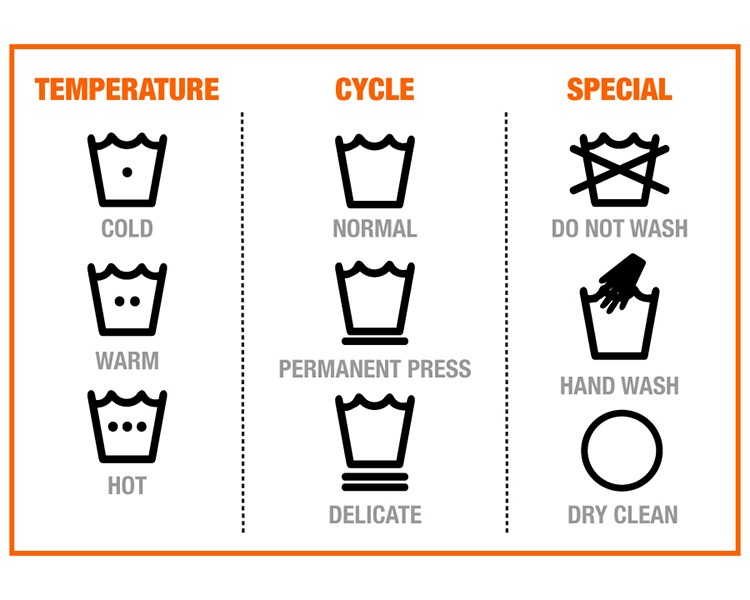(BPT) – By Oh Sai-kee, Head of LG Electronics Home Appliance and Air Solution R&D Center
As smart home and electrification technologies emerge as key trends in the home appliance sector, we are seeing an industry-wide shift away from simple product sales to a more service-oriented business model.
Smart home technology simplifies the management of complex devices through a range of helpful automation features. By utilizing insights gained from home appliances and Internet of Things (IoT) sensors, the latest smart home tech can better understand customers’ lifestyles and needs. This, in turn, enables the delivery of proactive, tailored services that reduce the burden of household chores. As the technology advances, we move closer to the realization of what LG calls the Zero Labor Home.
Smart home solutions have become a major focus not only for appliance manufacturers but also for IoT, telecommunications, construction and big tech companies. The introduction of smart home standards or protocols, such as Matter,1 is enhancing connectivity between appliances, IoT devices and home systems. Moreover, generative artificial intelligence (AI) and ambient computing2 technologies are making it possible for users to control devices and services through voice commands alone, saving them time and making life at home far more convenient.
One of the leaders in this space, LG recently introduced its latest AI Home solution, offering users the ability to control their home appliances and IoT devices through conversational voice commands. FURON, LG’s generative AI agent and the brain of the AI Home, is able to learn and remember users’ preferences for various devices and apply the appropriate settings in the given situation. Furthermore, LG AI Home connects seamlessly with appliances and IoT devices from a growing number of global brands and integrates flawlessly with various types of apps through ThinQ ON, LG’s AI home hub. The company is continuing to expand its AI Home ecosystem to offer users a broader range of smart home solutions and services.
The transition from fossil fuel to electricity-powered products is a significant global trend — one that is expected to accelerate due to the enforcement of international regulations aimed at mitigating global warming. Boilers are rapidly being replaced by heat pump heating systems, gas ranges by induction cooktops and gas dryers by heat pump dryers. Against this backdrop, LG is actively strengthening its research and development (R&D) programs to discover more efficient and reliable heat pump technologies. These efforts include the recent completion of the company’s “global R&D triangle” to create specialized solutions for cold climates, and the hosting of the Global Heat Pump Consortium, which was founded by LG in collaboration with international universities.
Moving forward, electrification technology will evolve into smart home energy solutions that optimize energy generation, storage and usage within the home. Ultimately, this evolution will give rise to living environments whose occupants can enjoy convenient cooking, heating and cooling — and a dependable supply of hot water — while simultaneously reducing household energy consumption and environmental impacts.
Known for its expertise in smart life solutions, LG has always emphasized the importance of innovation. LG’s core technologies, including the linear compressor (refrigerators), Direct Drive motor and TrueSteam™ technology (washing machines, Styler) and dual rotary and scroll compressors (air conditioners), have played a crucial role in the company’s rise to leadership in the global home appliance market. Looking ahead, the role of LG’s R&D division will be even more vital in discovering new electrification and smart home technologies. Through a commitment to excellence and a spirit of inquiry, LG will continue to lead the way to a better future.
1 A smart home and IoT device connectivity standard developed by the Connectivity Standards Alliance (CSA). Matter enables seamless interoperability between smart devices and platforms from diverse ecosystems.
2 Ambient computing refers to technology that is able to operate invisibly in the background, blending into the environment and working automatically without users noticing its presence. Also referred to as “invisible computing” or “disappearing computing.”

